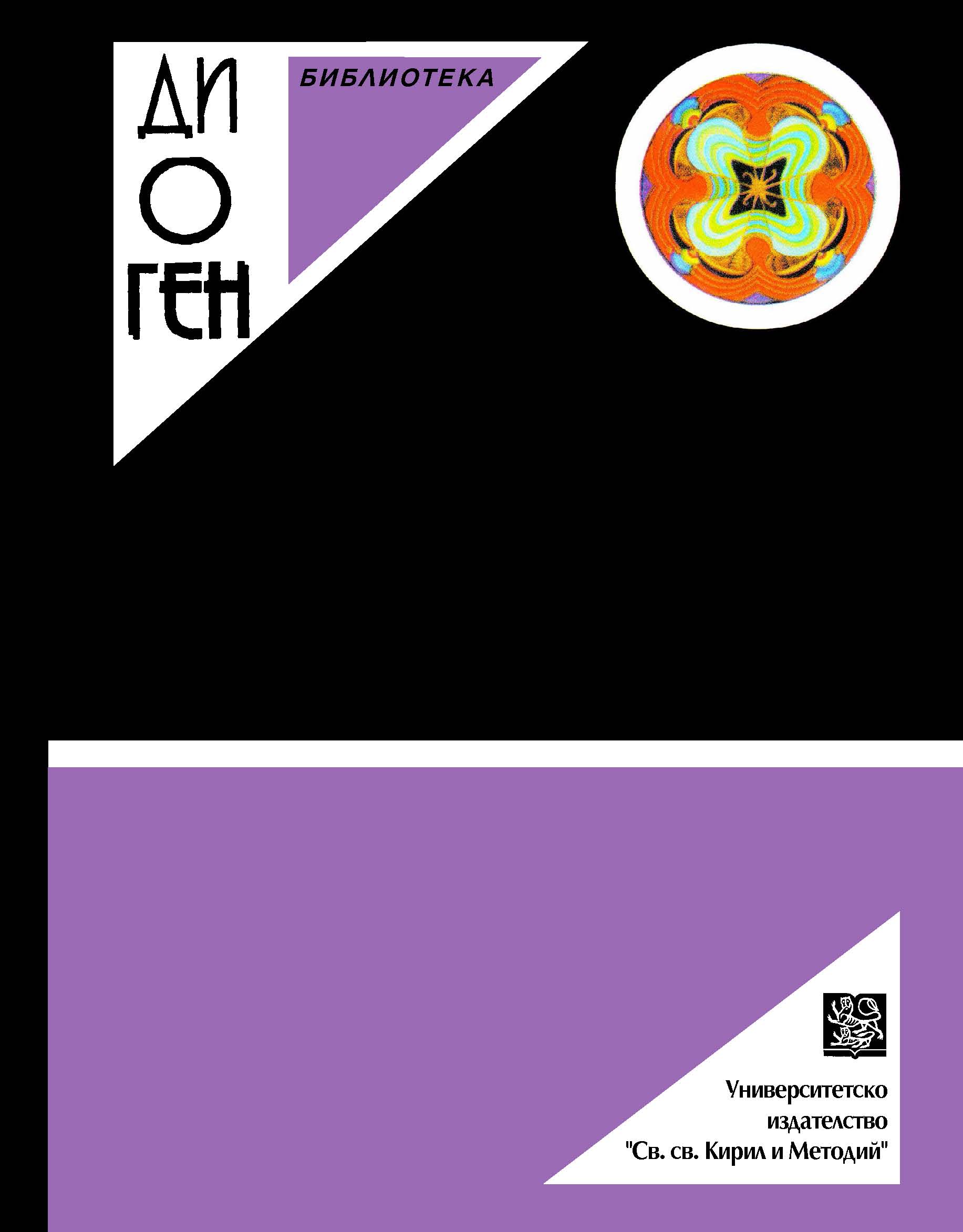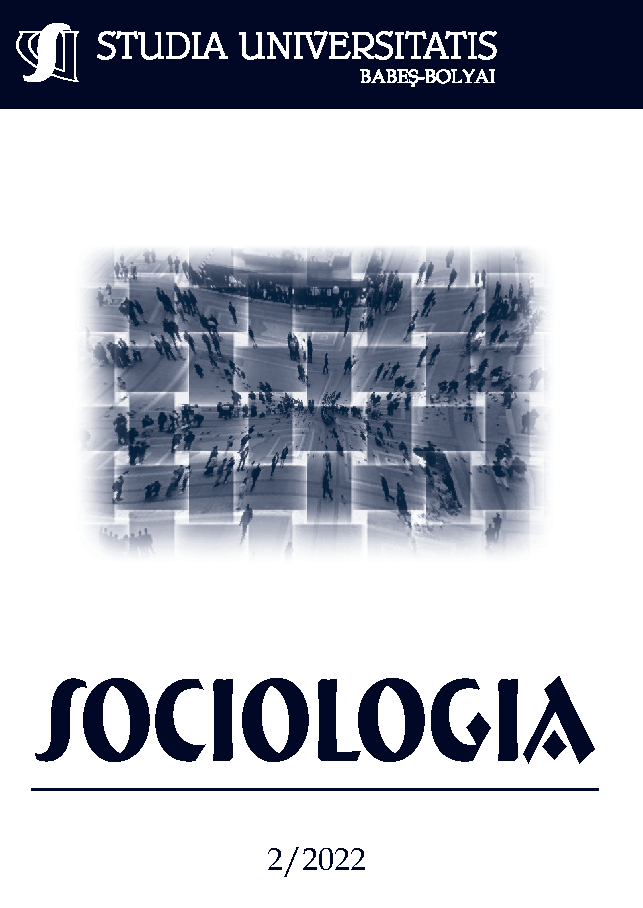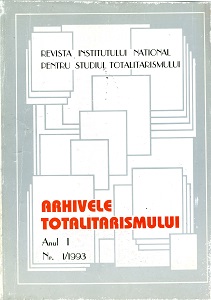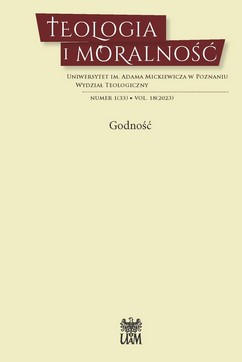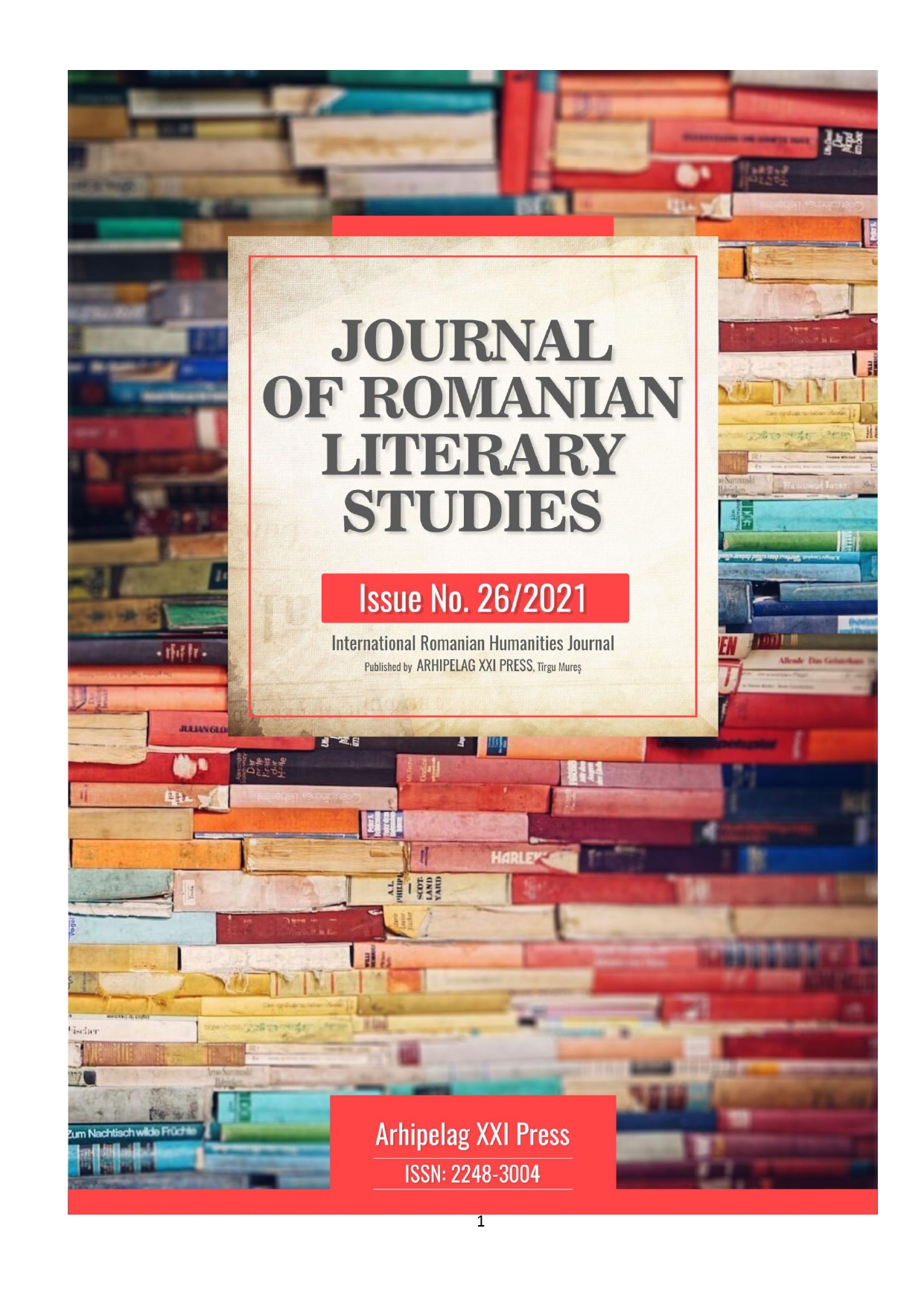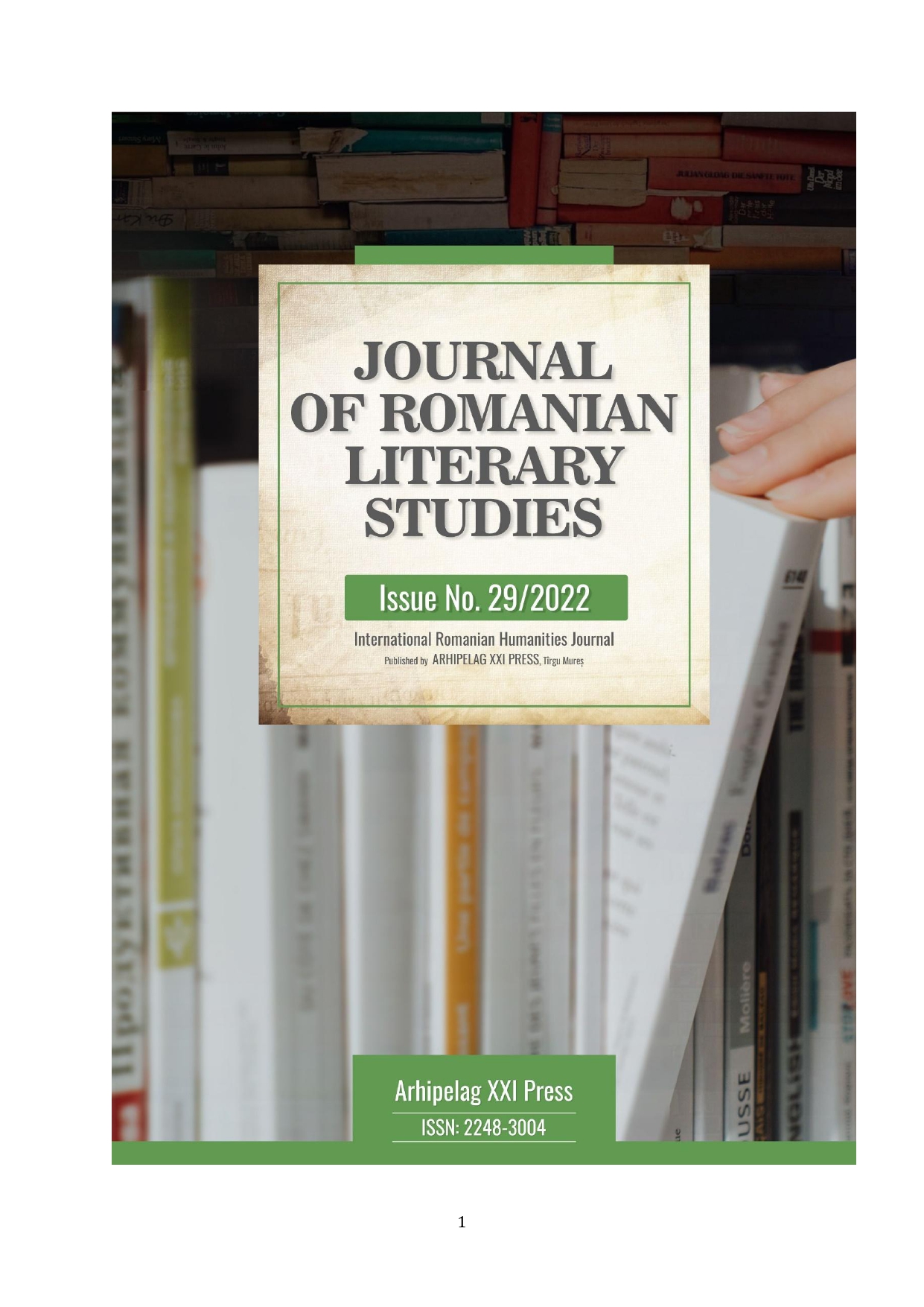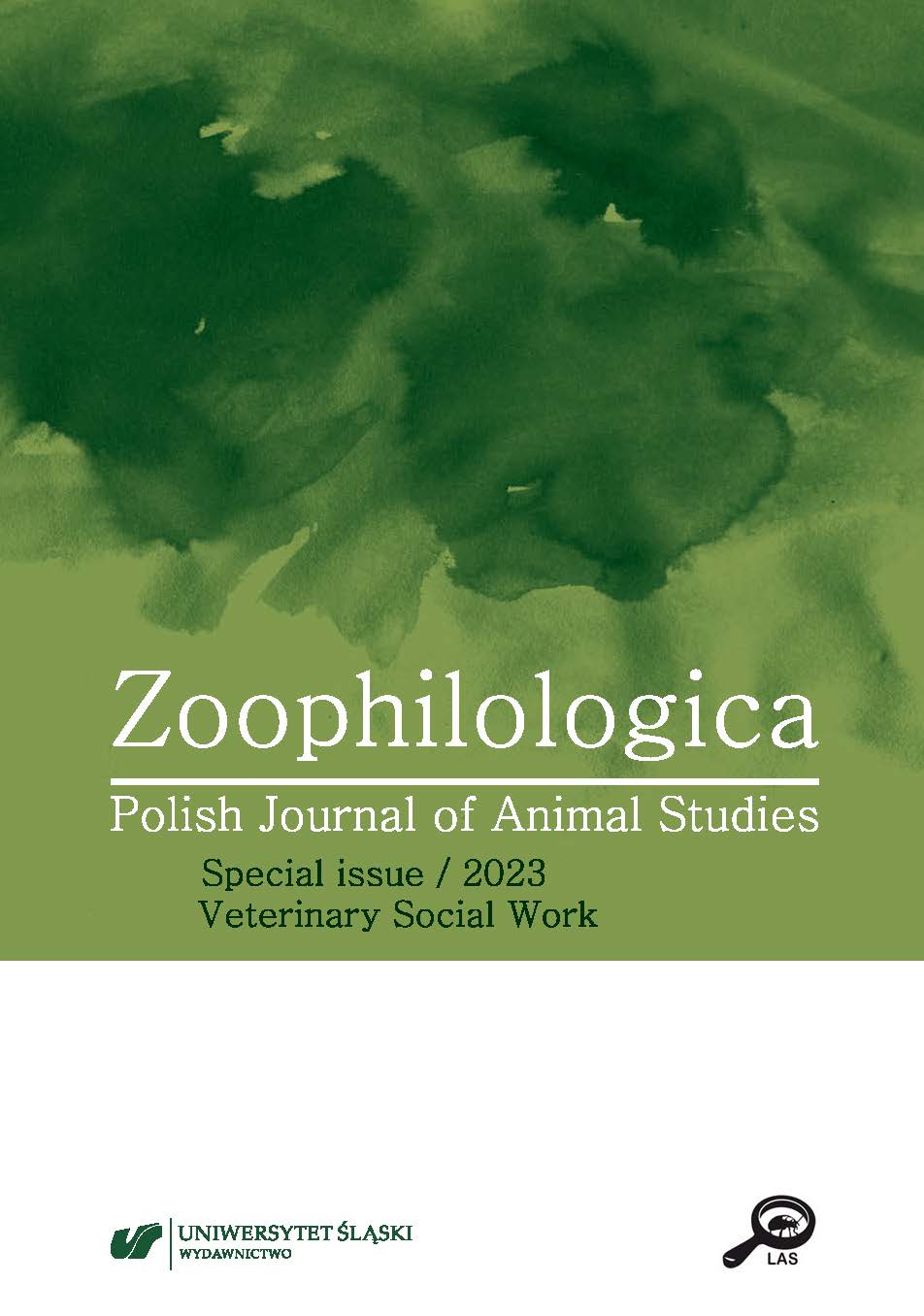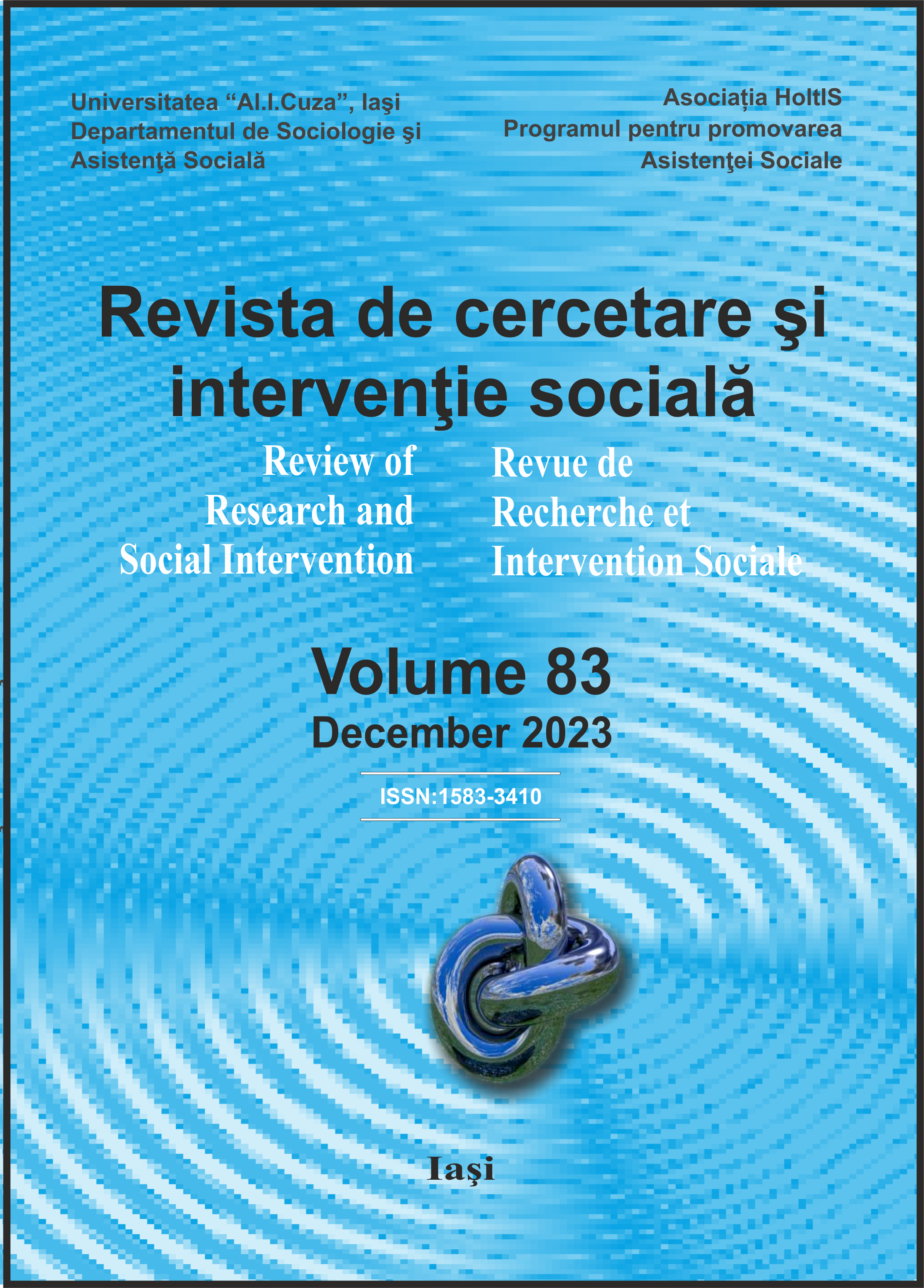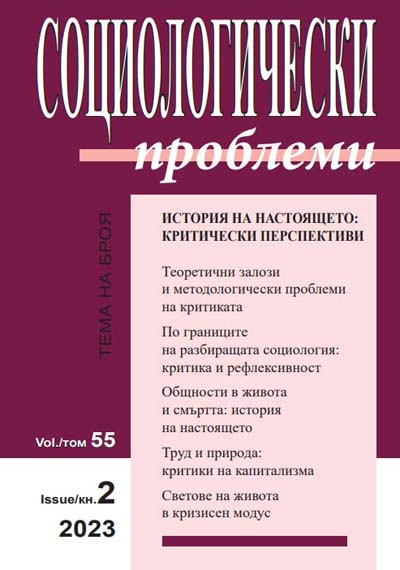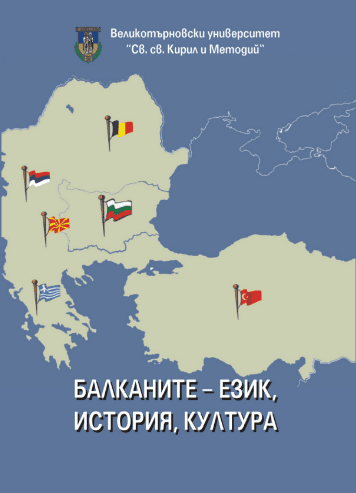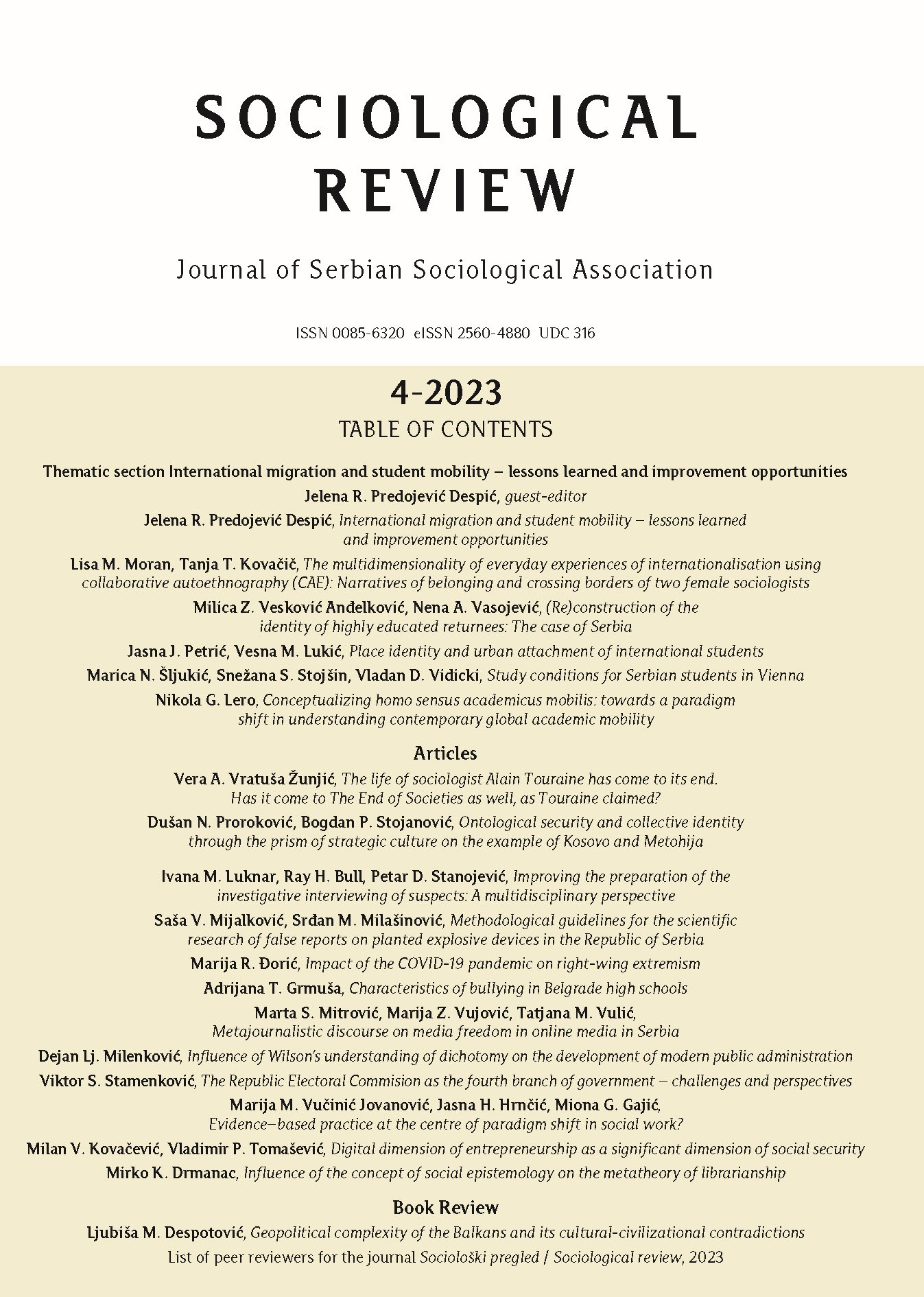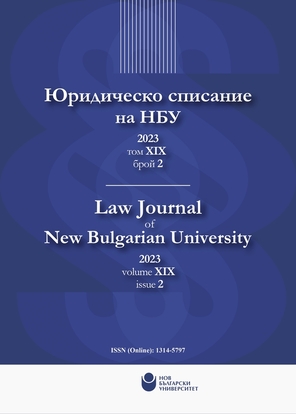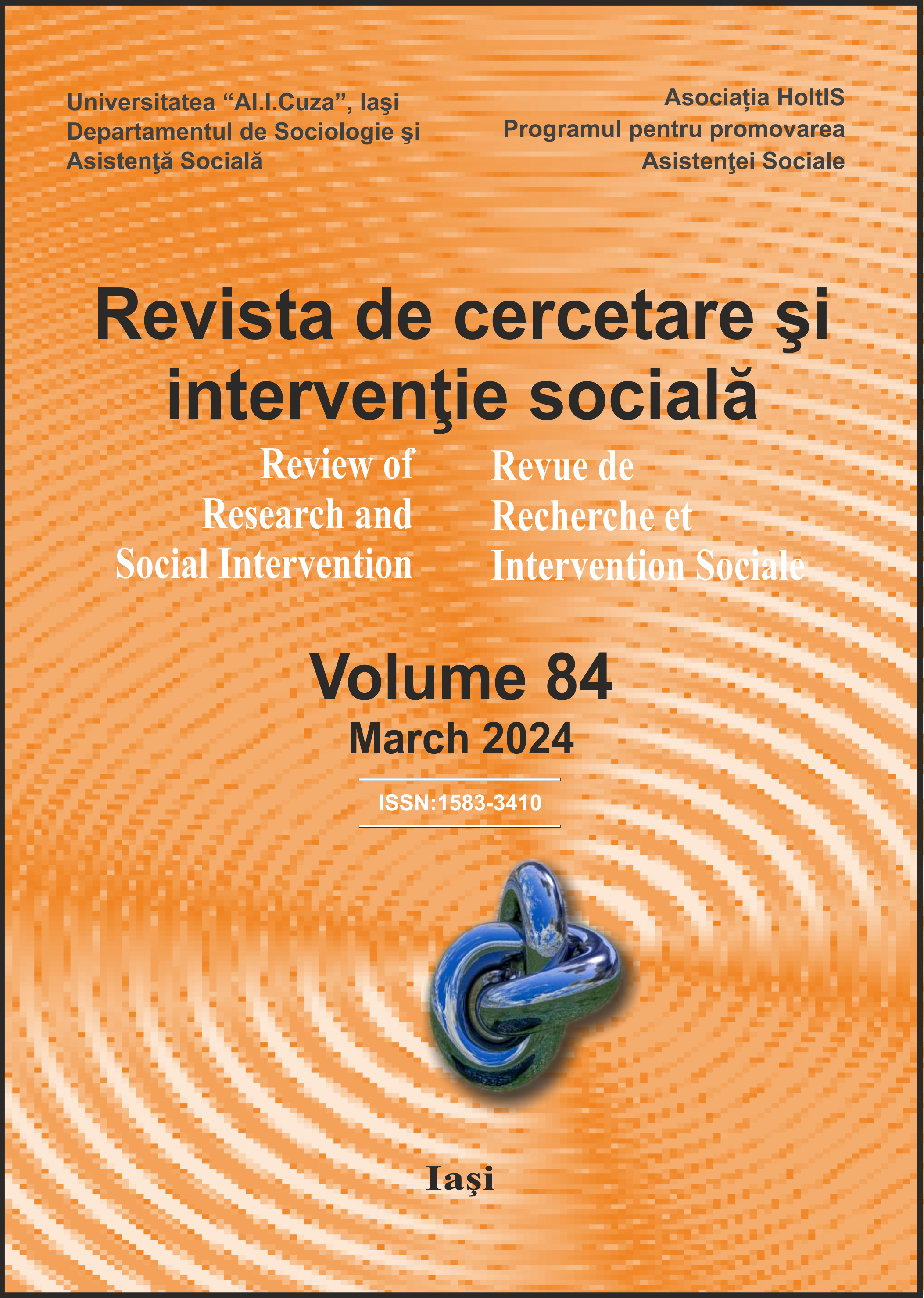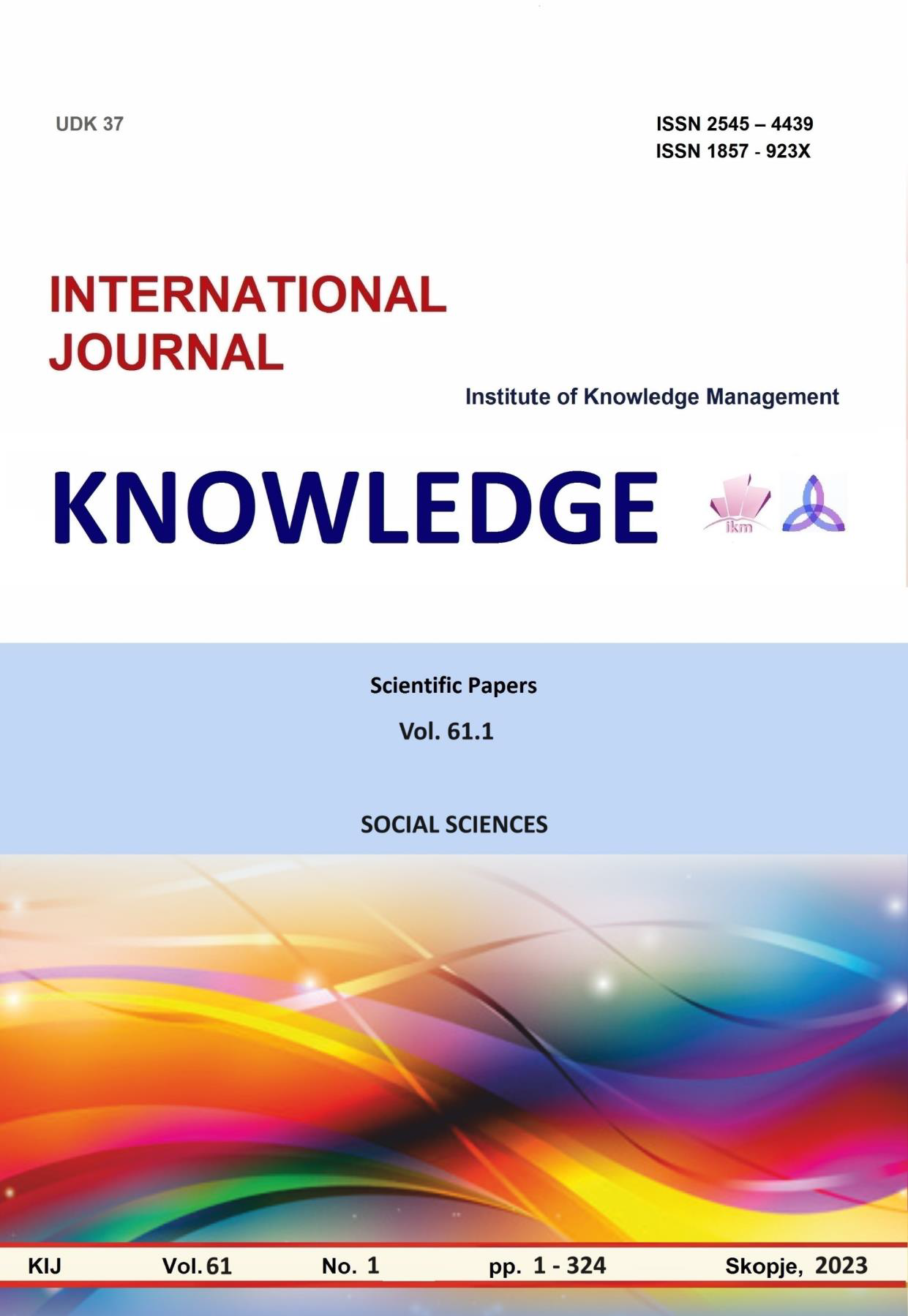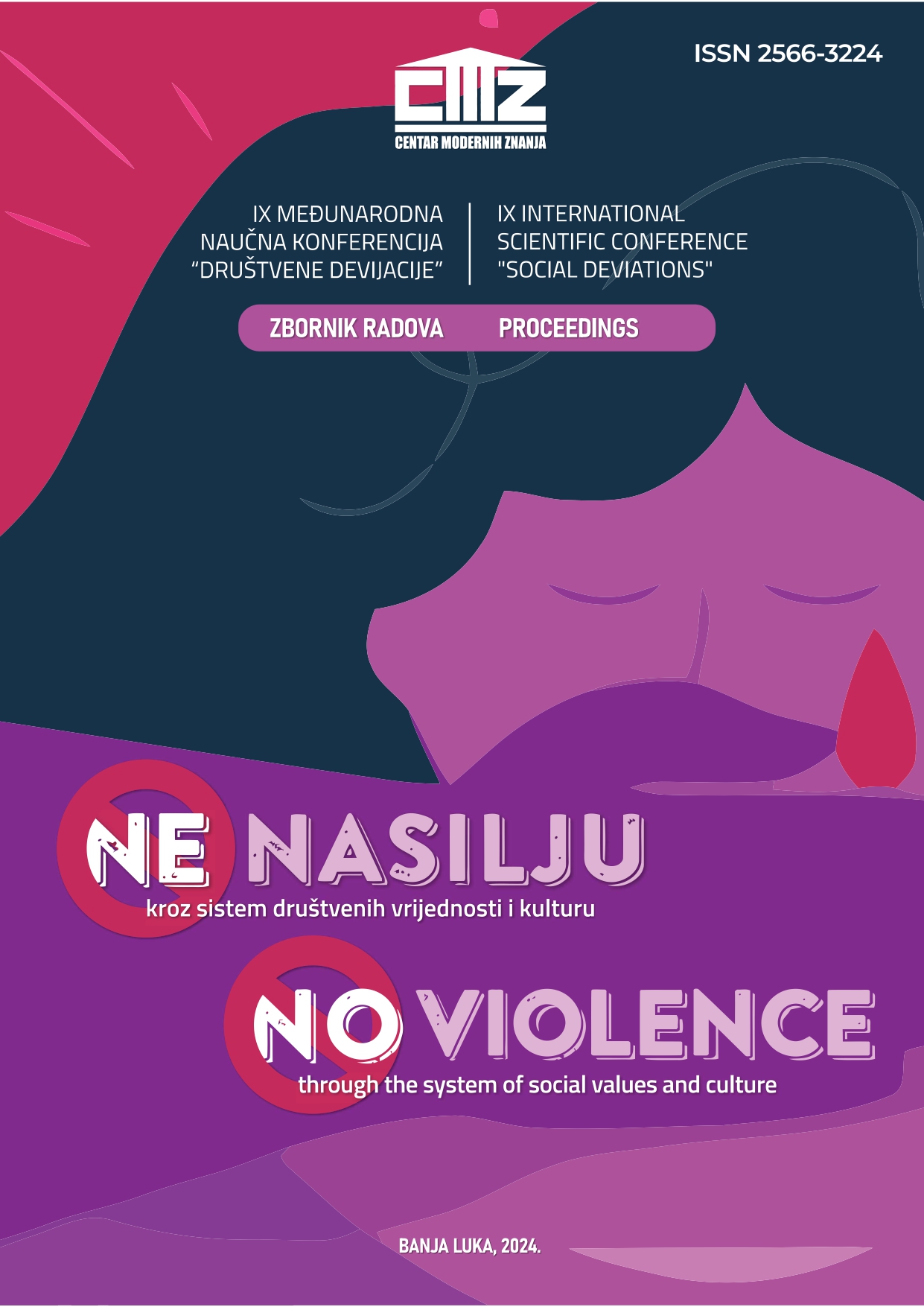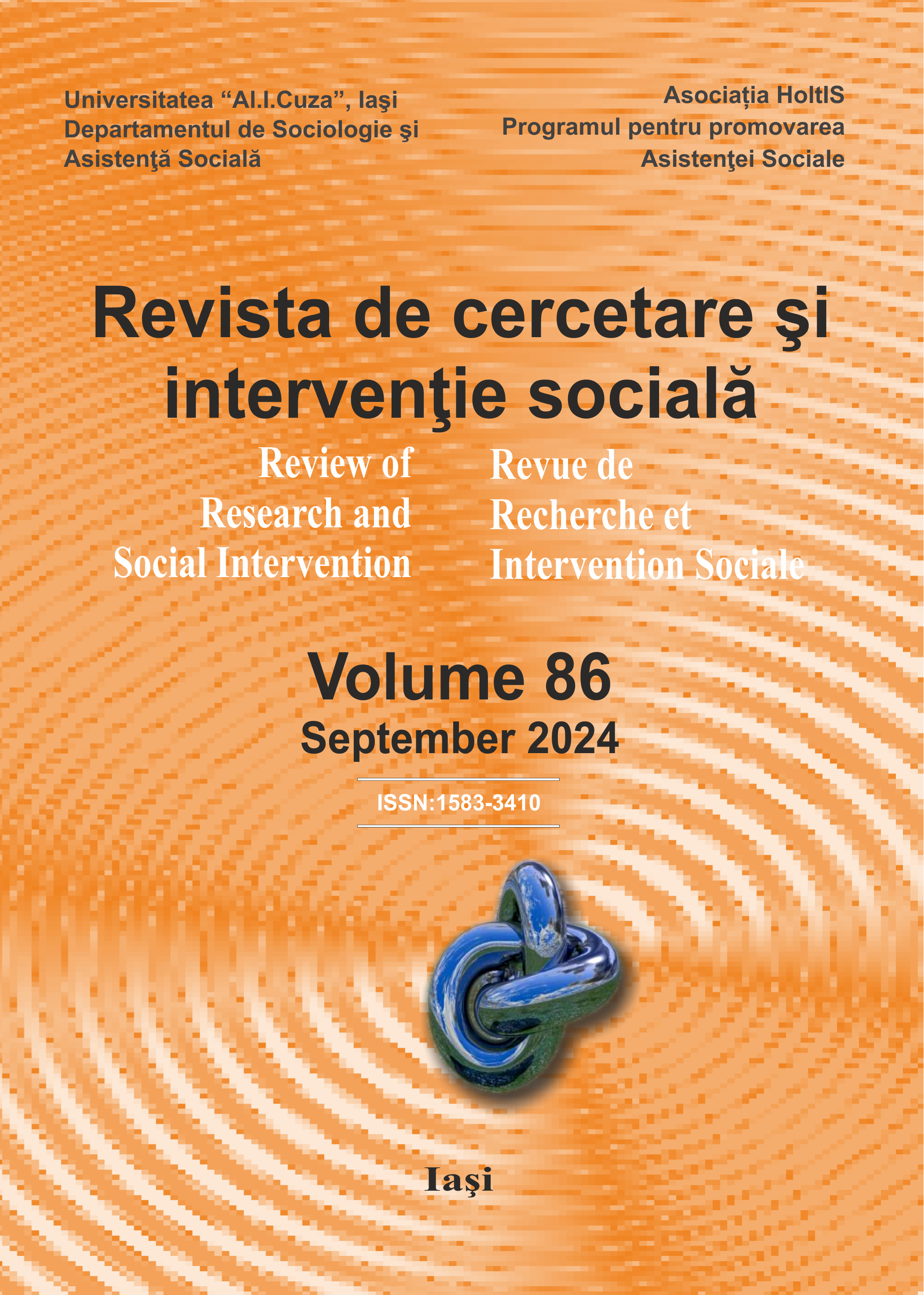Author(s): Oksana Kononenko,Andrii IVANCHENKO,Taisiia GAIVORONSKA,Tetiana KHITROVA,Svitlana SEMENKO,Viktor KUZMIN / Language(s): English
Issue: 84/2024
The initiation of a full-scale invasion of Ukraine by the Russian Federation, coupled with the imposition of martial law, has prompted a paradigm shift in the comprehension of psychological and socio-communication dimensions inherent in the management of human resources. This underscores the significance of the present work. The primary objective of this study is to conduct a thorough examination of stress, motivation, will, and the efficacy of working conditions as integral components constituting the psychological and socio-communication facets of HR management during wartime. The article employs methodological approaches such as analysis, synthesis, scientific generalization, and the formal logical method. The business landscape in Ukraine, under the constraints of martial law, is marked by diminished production volumes, logistical and supply chain challenges, and financial constraints. In this pivotal juncture, human resources (HR) management necessitates the systematic implementation of planning, organization, motivation, control, and regulation. Presently, structural adjustments in HR management encompass elements such as flexible management, decentralization, integration, privatization, heightened innovation, organizational workflow optimization, and enhancement of the quality of working life. Furthermore, there is a noticeable escalation in individuals' interest in self-management. Motivating personnel amid a military conflict poses inherent challenges, given that warfare induces stress, anxiety, and restlessness among employees. Stress, in a general sense, constitutes the body's defensive response to threats or tension, and its adverse impacts on HR management become particularly pronounced in the context of military conflicts, where these factors synergistically manifest.
More...
